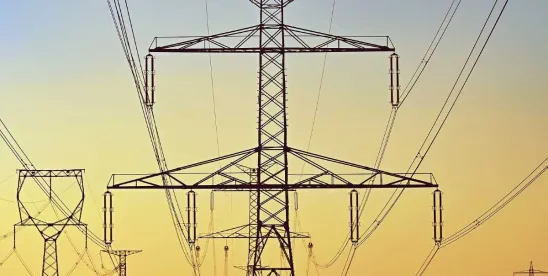On May 13, 2024, the Federal Energy Regulatory Commission issued a Final Rule under Order 1977 reinvigorating what is known as the Commission’s “backstop siting authority,” which governs applications for permits to site interstate electric transmission facilities when state authorizations are either not attainable for various reasons or are denied or not received by a project proponent within a year of filing with the state. While the Commission recently adopted a position that it will deny hydropower licenses in the event a tribe upon whose reservation the project will sit protests the application, even when prompted, the Commission declined to do the same here. Specifically, the Yaruk Tribe asked the Commission to adopt a presumption that when states deny projects based on adverse tribal impacts, the project is not in the public interest. Rather than aligning its transmission policy under its backstop siting authority with its hydropower policy, the Commission concluded that it will consider only the adverse effects of a proposed transmission project on tribes, landowners, and local communities and impose mitigation requirements if the project moves forward.
Although the Commission declined to impose the requested presumption, it made other amendments aimed at protecting tribal interests. For example, applicants seeking to take advantage of the Commission’s backstop siting authority must develop a “Tribal Engagement Plan” to identify and engage tribal communities potentially affected by the transmission project. This plan was added following the proposed rule and is in conjunction with an engagement plan for communities adversely impacted by environmental justice concerns. The plan must summarize comments received from potentially affected tribes during any previous outreach activities and describe planned targeted outreach activities both before and after filing the application. Although the Commission declined to require applicants to receive engagement training provided by a tribe, it emphasized that the applicant must demonstrate a good-faith effort to engage.
The Commission also broadened notice requirements to include tribes whose ancestral or current-day lands may be affected by a project, even when the potentially affected tribe is not already involved with the project. The order also clarifies that applicants must obtain consent to enter tribal lands, which includes land owned in-fee by a tribe or member of a tribe.



 />i
/>i

